As the delta variant surges across the South, state and local governments are rushing to set up antibody treatment centers in the hopes of easing pressure on hospitals overwhelmed with Covid-19 patients.
The monoclonal antibody treatments, when given shortly after a person tests positive for the virus, have been shown to reduce the risk of hospitalization.
Full coverage of the Covid-19 pandemic
In Florida, Gov. Ron DeSantis has strongly advocated for the treatment as cases in the state reach all-time highs. And in Texas, Gov. Greg Abbott — who just received the treatment himself after testing positive for Covid-19 — recently announced nine new monoclonal antibody treatment centers statewide.
But even as the two governors, both Republicans, have pushed hard for monoclonal antibodies, they have opposed mask and vaccine mandates that public health officials insist can help slow the spread of Covid-19, and would avert the need for the antibody treatments in the first place.
Dr. Myron Cohen, director of the University of North Carolina Institute for Global Health and Infectious Diseases, said that masks and vaccines remain the best line of defense against Covid.
“You want to prevent any disease you can, rather than treat it, because the consequences of the infection are grave,” he said.
At the same time, Cohen does not oppose spreading the word about monoclonal antibodies.
Infectious disease physicians overwhelmingly agree that monoclonal antibodies are indeed critical in keeping patients who do get Covid from progressing to severe illness. That’s essential in states facing surges in patients that threaten to overwhelm hospitals.
“Vaccination is what we need to do. Full stop. But if someone gets sick with Covid-19, monoclonal is our best tool to prevent hospitalization,” said Dr. Michael Saag, associate dean for global health at the University of Alabama at Birmingham, where he runs a monoclonal antibody treatment clinic.
“This medication works extraordinarily well, especially if given within the first four or five days of symptoms,” he said. Monoclonal antibodies are given either by infusion or a series of injections.
Dr. Marcella Nunez-Smith, director of the White House’s Covid-19 Health Equity Task Force, has also encouraged the use of monoclonal antibodies.
“The monoclonal antibodies work. They are safe. They’re free. They keep people out of the hospital and help keep them alive,” she said during a briefing last week.
The Biden administration has been working to increase access to monoclonal antibodies across the country, including shipping them to states with the highest rates of transmission.
In Arizona, where a federal team has set up two clinics, none of the Covid-positive patients treated so far has required hospitalization, Nunez-Smith said.
Monoclonal antibodies are lab-made drugs meant to mimic the body’s natural antibodies to the coronavirus. They’re meant to be given to newly infected patients who are at high risk of getting sicker and needing hospitalization.
That includes a wide group of patients: people over 65 and those with chronic conditions such as heart disease, obesity, diabetes and high blood pressure.
Monoclonal antibodies were also authorized this month for prophylactic use — that is, to be given to high-risk people after they’ve been exposed to Covid-19 to prevent illness.
Saag said that the benefits are clear within just a few days. Patients “turn the corner pretty quick. And once they get better, they continue on that path. They don’t typically relapse into something worse.”
Dr. David Mushatt, section chief of infectious disease at Tulane University School of Medicine in New Orleans, has had the same experience. “The gratifying thing is that people literally the next day will often feel better,” he said. “I’m convinced that it’s saving lives.”
Download the NBC News app for full coverage of the Covid-19 pandemic
Despite evidence of the benefits, antibodies remain underused, doctors say.
“There are a lot of people, doctors included, who don’t really know much about them,” Mushatt said. “I think a big part of this is education. A lot of people probably don’t realize that they’re eligible” for monoclonal antibodies.
How patients learn about the treatment varies. Most major and even midsize cities have access to monoclonal antibodies, Saag said. “Even some of the smaller towns have a place where people can go. That’s necessary with the exploding number of cases that we’re seeing.”
The National Infusion Center Association has an online tool where patients can locate nearby monoclonal antibody resources.
The key, Saag said, is early detection of infection.
“If you have even an inkling that you might be getting sick, get tested immediately,” he said. “If you test positive, circle back to your doctor and ask about whether you’re eligible for monoclonal antibody.”
Dr. James Cutrell, an infectious disease specialist and associate professor of medicine at UT Southwestern in Dallas, said he had seen an increase in demand for the treatments recently, mirroring the increase in Covid-19 cases in Texas. “This is a resource that is really important as we see hospitals filling up,” he said.
According to Nunez-Smith, more than 600,000 patients in the U.S. have received monoclonal antibodies over the course of the pandemic. “That’s hospitalizations averted and lives saved.”
Still, she added, “the best strategy to remain protected from the worst of Covid-19 is to get fully vaccinated.”
Follow NBC HEALTH on Twitter & Facebook.

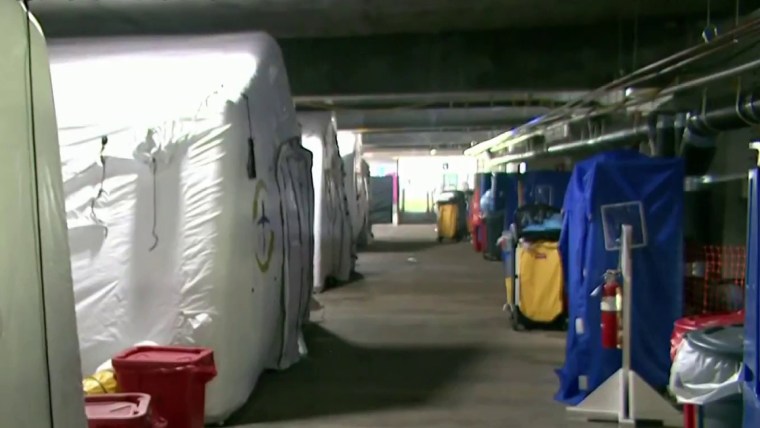
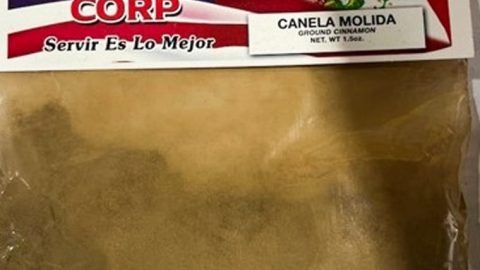
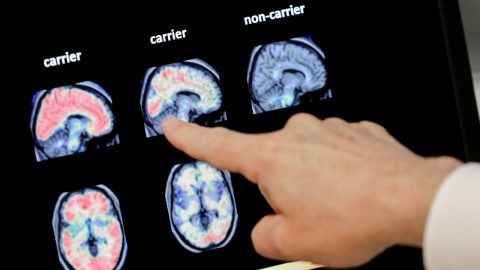

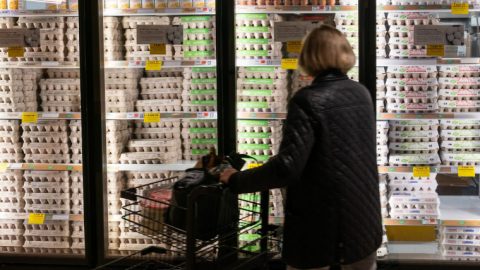
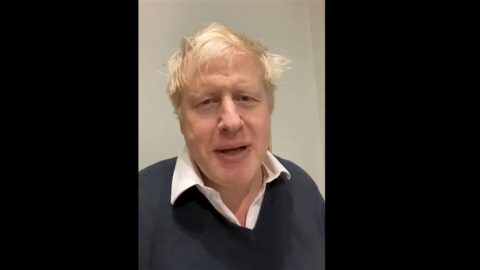
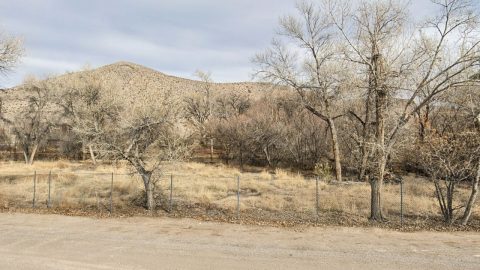
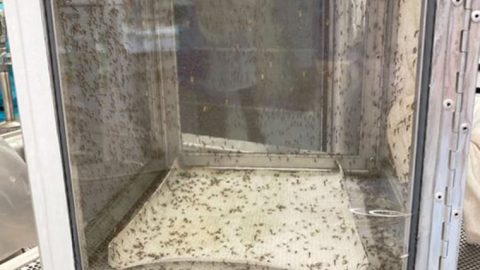
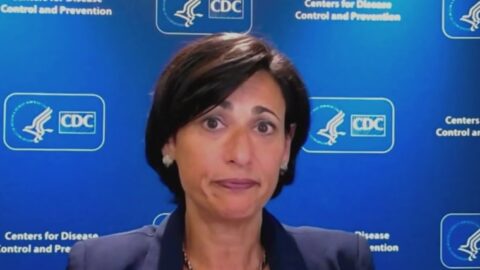
Recent Comments